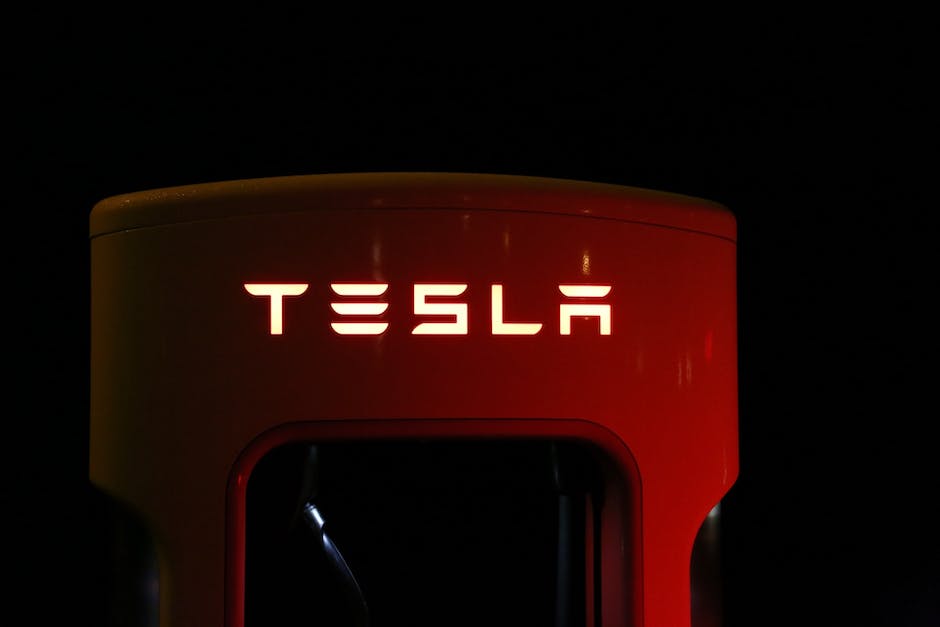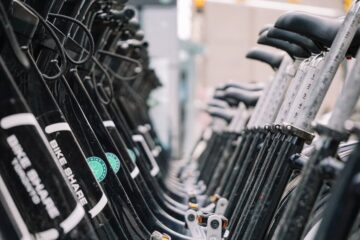Tesla has long promised that self-driving cars are just around the corner, but a recall of more than 10,000 vehicles recently announced by the company has raised questions about the reliability of the technology and revealed a fundamental flaw in its Full Self-Driving (FSD) system.
In May 2020, Tesla warned customers that the automotive systems in certain models produced between February and April 2020 could crash due to a “rare” manufacturing defect. The defect affects the Autopilot system, which uses cameras, sensors, and other technologies to detect obstacles and help the car stay in its lane.
Despite the recall, the company has remained confident in its FSD technology. Tesla has continued to work on the system, and the company says that its automated driving capabilities are safer than human drivers. The company also describes its FSD system as “full self-driving”, suggesting that it is capable of completely autonomous operation.
However, many industry experts, regulators, and consumer advocates disagree with the company’s claims about the system’s safety and reliability. According to Consumer Reports, the Autopilot system is “far from perfect”, noting that it still requires drivers to pay attention and intervene when necessary. The organization also found that the system “hesitates and fails to detect stationary objects such as construction barrels”, with the result that drivers have to take control of the car in order to avoid accidents.
The recall of the vehicles has revealed a deeper problem with the Autopilot system: its reliance on outdated hardware. Tesla’s Full Self-Driving system uses hardware that was designed and manufactured more than two years ago, and the company has not updated the hardware since then. The hardware is no longer capable of running the latest version of the Autopilot software, which means that the system is unable to take advantage of the latest advancements in self-driving technology.
This problem is compounded by the fact that Tesla is the only company that does not use the Mobileye platform for its Autopilot system. Mobileye, which is owned by Intel, is the most widely-used system for automated driving. Companies such as Hyundai, Ford, and BMW all use the platform, which provides them with regular software updates and safety protocols.
The issue with Tesla’s Full Self-Driving system is not just a matter of outdated hardware, but also a lack of oversight and transparency. Tesla does not release data about its automated driving systems, making it difficult for outside experts to evaluate the system’s performance. The lack of data also makes it difficult for regulators to assess the safety of the system, which has sparked concerns that it could be used recklessly by drivers.
Tesla’s recently announced recall is a troubling sign for the company’s self-driving capabilities. While the company has made significant progress in the development of its FSD system, there is still a fundamental flaw in the system’s hardware and transparency that must be addressed. Until these issues are addressed, it is unlikely that the system will be able to safely and reliably navigate its way through the roads and highways of the future.




